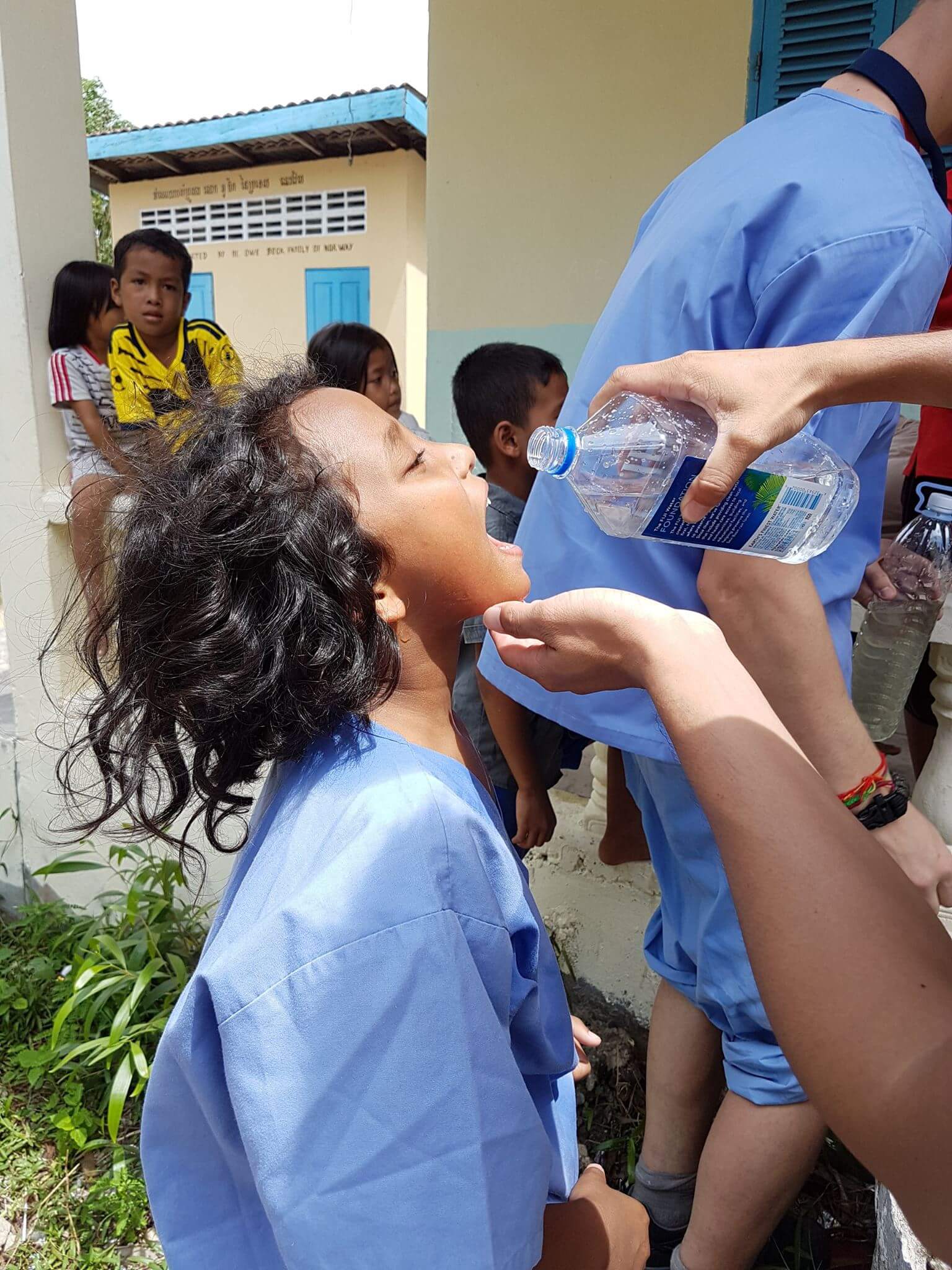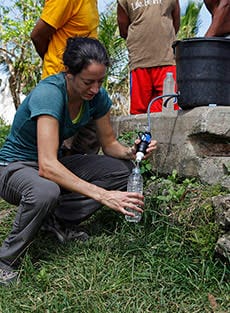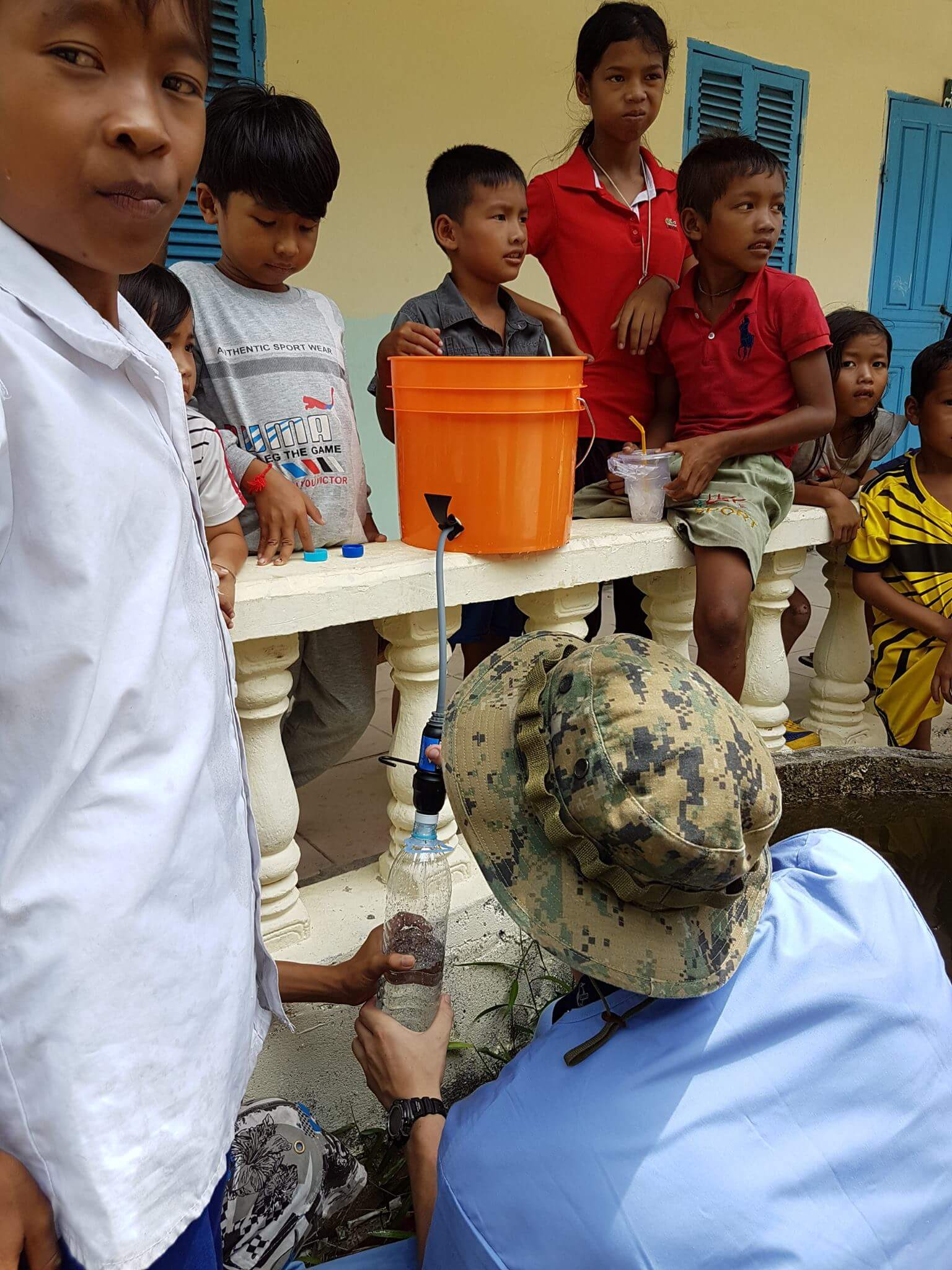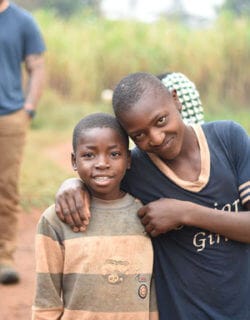Clean Water
Help Us Reduce the Incidence of Fatal Water-Borne Illnesses
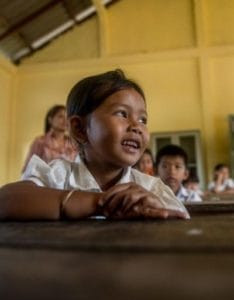
Sokha loves to go to school each day. The walk isn’t too far and she enjoys watching the families in the morning hours prepare for their day. Some days she is so happy, she skips along the path the entire way.
Last year, Sokha didn’t get to go to school as often as she wanted. The water in the well in her village is contaminated. The contaminants make her sick. And when she is sick, she can’t go to school.
But this year is different. With the help of donations to buy water filters, IMR was able to bring clean water to Sokha’s school. Now Sokha is able to drink water that is healthy for her body. She doesn’t get sick. She can go to school every day and receive an education. Sokha is living the dream of every girl in Cambodia.
Sokha is Happy. Sokha is Healthy. Sokha is Strong.
With a Donation of $100 IMR Can Provide a Complete Water Filter System for a Community Like Sokha’s That Has No Access to Clean Water
The More Water Filters we can Purchase and Install, The More Lives We Can Save.
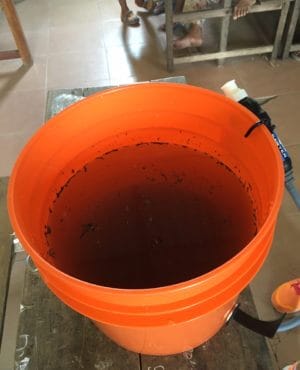
Well water before it is filtered.
The simple, compact water filter attaches to a large plastic bucket. Dirty water pours in, the filter removes harmful bacteria and contaminants, and safe, clean water runs out. Water can be filtered as it is needed, whether it’s to fill a water bottle for a thirsty child at school or to fill a cooking pot for a family’s meal.
- 2.1 billion people live without safe water at home.
- More than 700 children under 5 years of age die every day from diarrhea linked to unsafe water and poor sanitation.
- IMR water filters have already reduced water-borne illnesses by 75% in one village in Ecuador.
- IMR currently works actively across the globe. Our goal is to install 100 water filtration systems in communities every month.
Make the Difference for Children Like Sokha. Sign up for a mission or Donate Today.
The Global Water Crisis
Surveying Communities
Guided by the World Health Organization’s report on household surveys for drinking water and sanitation, International Medical Relief is surveying communities to identify the core sources of water, frequency of obtaining water, responsible persons in each household for obtaining water, secondary sources of water, number of sources of water in a community, utilization of water by each family member and for what purpose, quantity of water consumption, and most importantly, sources of drinking water. From here we identify what water is safe and what water needs to be improved.
Sustainable Education
International Medical Relief teaches community members the methods of adequate water treatment methods as defined by the World Health Organization as appropriate methods to disinfect water to kill harmful pathogens. These techniques include boil, bleach/chlorine, water filter, and solar disinfection.
Each Water Filter from IMR Purifies One Million Gallons of Water.
